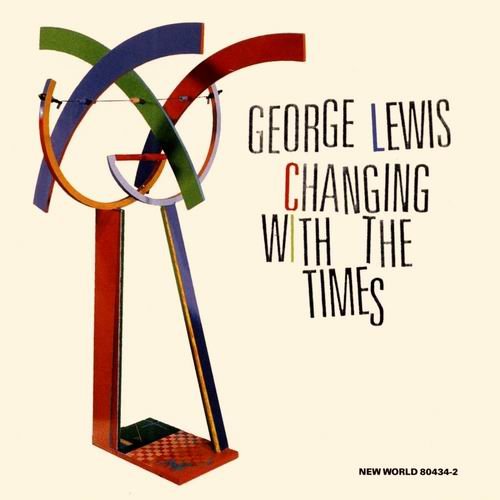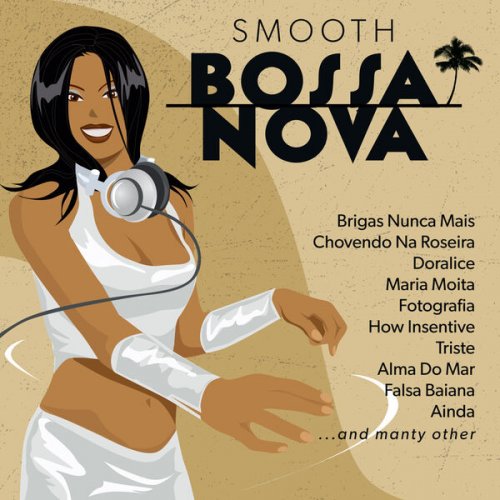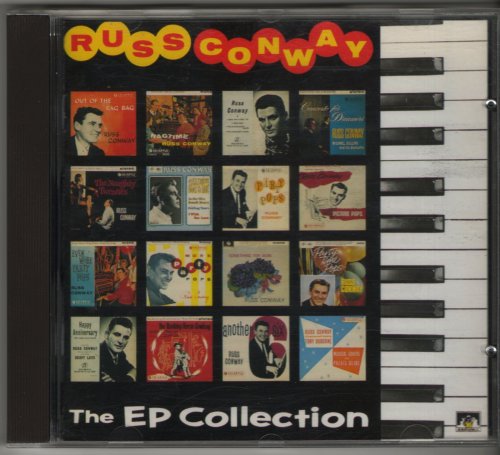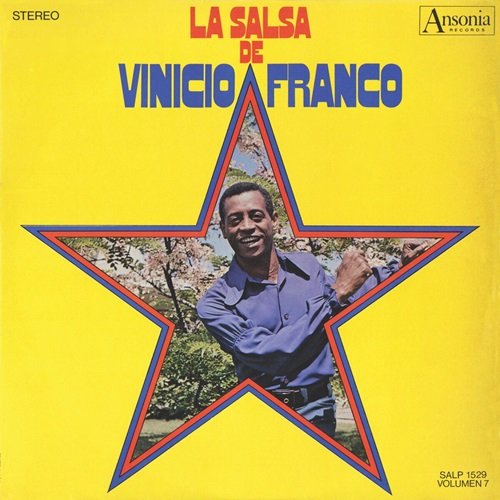George Lewis - Changing With The Times (1993)

Artist: George Lewis
Title: Changing With The Times
Year Of Release: 1993
Label: New World Records[80434-2]
Genre: Jazz, Free Jazz, AvantGarde
Quality: FLAC (image + .cue,log)
Total Time: 64:35
Total Size: 231 MB(+3%)
WebSite: Album Preview
TracklistTitle: Changing With The Times
Year Of Release: 1993
Label: New World Records[80434-2]
Genre: Jazz, Free Jazz, AvantGarde
Quality: FLAC (image + .cue,log)
Total Time: 64:35
Total Size: 231 MB(+3%)
WebSite: Album Preview
01 - Chicago Dadagram
02 - So You Say
03 - The View from Skates in Berkeley
04 - Changing with The Times
05 - Airplane
06 - Epilogue
07 - Untitled (hidden track)
08 - Untitled (hidden track)
09 - Untitled (hidden track)
10 - Untitled (hidden track)
11 - Untitled (hidden track)
12 - Untitled (hidden track)
13 - Untitled (hidden track)
14 - Untitled (hidden track)
15 - Untitled (hidden track)
Trombonist/composer George Lewis made a career out of straddling the divide between avant-garde jazz and contemporary "art" music, ranging from his incendiary and amazing work in Anthony Braxton's groups to his own deep involvement in real-time reactive software programs. Sometimes he absolutely nails it, as with the extraordinarily beautiful Homage to Charles Parker, but more often Lewis seemed to err on the side of academe, resulting in excessively cautious, somewhat arid music. Here, texts of one sort or another are utilized in each piece and the listener's enjoyment may be largely determined by how willing he or she is to deal with these spoken passages. The opening composition, for example, features some lovely writing for trombone and dual pianos, but poet Jerome Rothenberg's quasi-Dadaist rants are pretentiously arty and aggravating. Bernard Mixon, who handles the vocal chores for the remainder of the disc, is far more readily enjoyable, with a rich, deep baritone and archly inflected delivery. Quincy Troupe's text for "The View From Skates in Berkeley," which Mixon proudly and effectively declaims over warm accompaniment led by Lewis and the superb clarinetist Douglas Ewart, has much more of a visceral, true-to-life feel. The title cut centers around a wonderful biographical sketch by Lewis' father -- who grew up in North Carolina and Chicago from the '20s through the '50s -- giving his keen insights into the cooperative or divisive racial milieus he encountered, among other observations. The musical accompaniment ranges from allusions to blues, gospel, and classic jazz to freely improvised commentary. While none of the tracks achieves the seamless blending of inspired text and instrumental accompaniment one might have hoped for, there's enough interesting material to recommend the disc to fans of Lewis and to those with general interest in contemporary mergings of text and music.~Brian Olewnick




![Mateus Asato - ASATO (2026) [Hi-Res] Mateus Asato - ASATO (2026) [Hi-Res]](https://www.dibpic.com/uploads/posts/2026-02/1772112407_egqdz3e9dom2b_600.jpg)

![VA - From the Archive Vol. 3... compiled by Volcov (2026) [Hi-Res] VA - From the Archive Vol. 3... compiled by Volcov (2026) [Hi-Res]](https://www.dibpic.com/uploads/posts/2026-02/1772033794_a3743742618_10.jpg)


